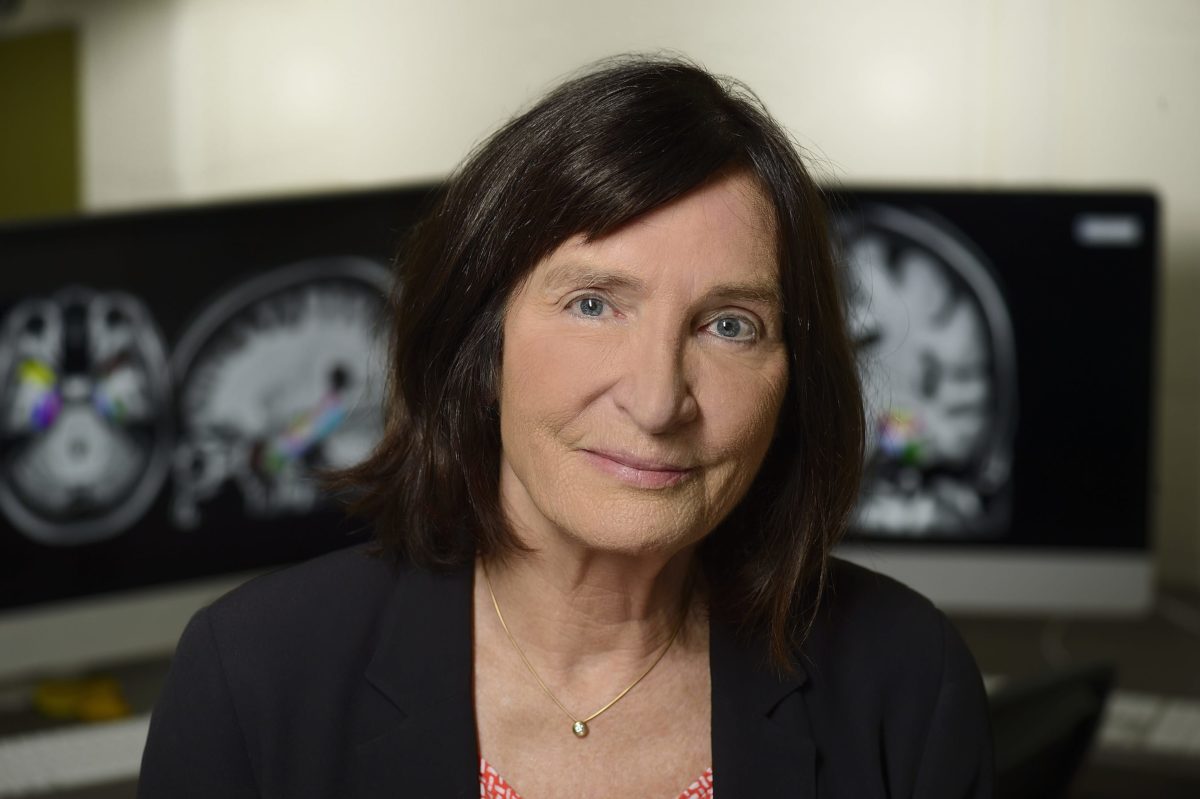Baltimore-based AgeneBio announced a pair of grants from the National Institutes of Health that will assist with clinical trials of a treatment to combat the progression of Alzheimer’s disease.
The awards from the NIH’s National Institute of Aging and the National Institute of Neurological Disorders and Stroke are expected to provide $16 million in funding, the company states.
The company’s work is based on the research of Dr. Michela Gallagher, who heads the Neurogenetics and Behavior Center at Johns Hopkins University and is currently serving as CEO of the company while on leave from the university. The research shows that overactivity in the hippocampus contributes to cognitive impairment. AgeneBio is developing treatments to slow Mild Cognitive Impairment due to Alzheimer’s disease. The condition causes a noticeable decline in cognitive abilities including memory, according to the Alzheimer’s Association.
According to the Mt. Washington–based company, the grants fund a Phase III clinical trial of a therapeutic to treat the condition. Dubbed the “Hope4MCI” trial, it will include a sub-study that includes imaging tools developed by Cerveau Technologies and Johns Hopkins Center for Imaging Science to track how the disease effects the brain, and the potential to slow it down.
Phase 3 trials typically precede an application to the FDA for approval to market a product.
“Previous support by NIA has already enabled us to complete study start up activities for the HOPE4MCI trial,” Sharon Rosenzweig-Lipson, AgeneBio’s Vice President of Research and Development, said in a statement. “The new grant will allow us to rapidly begin enrollment in the trial putting us one step closer to understanding the impact of hippocampal overactivity and tau pathology in this disease and to being able to treat MCI due to AD.”
Dr. Gallagher was also recently awarded the 2018 Melvin R. Goodes Prize for Excellence in Alzheimer’s Drug Discovery by the Alzheimer’s Drug Discovery Foundation, which came with a $150,000 award that is being used toward the Phase 3 trial, according to a news release.
Another grant is supporting a separate therapeutic that is designed to normalize brain functions in the early stages of Alzheimer’s.
AgeneBio gets grants to advance therapeutics to slow Alzheimer’s disease







